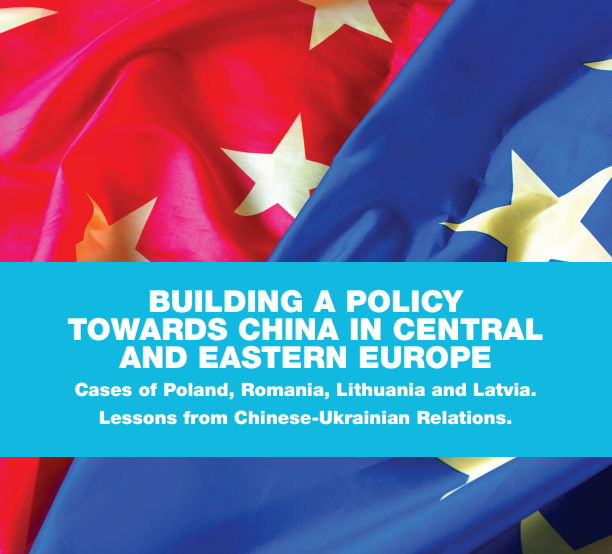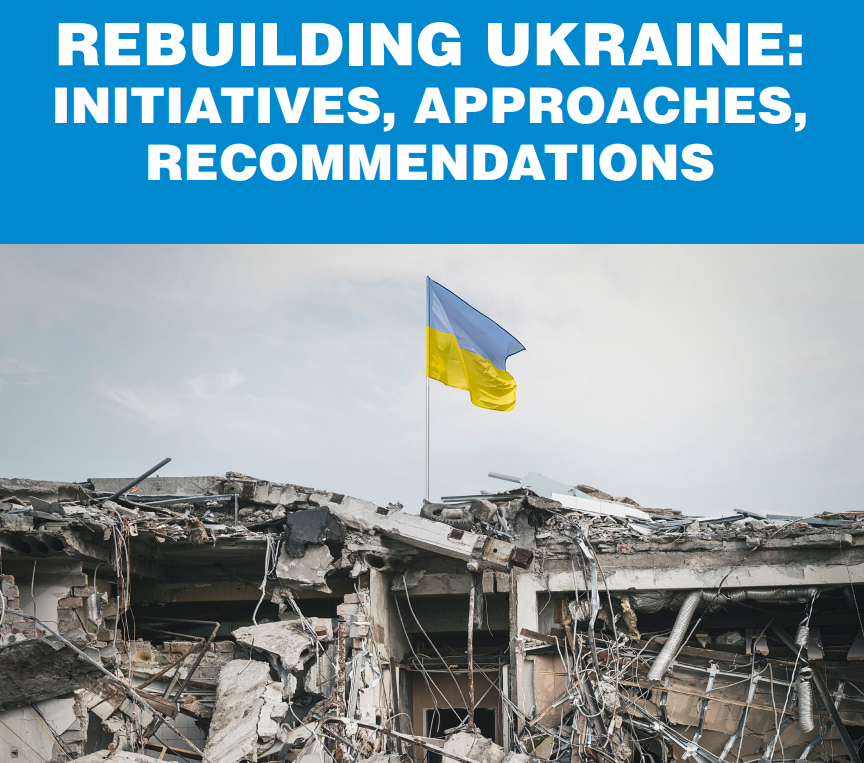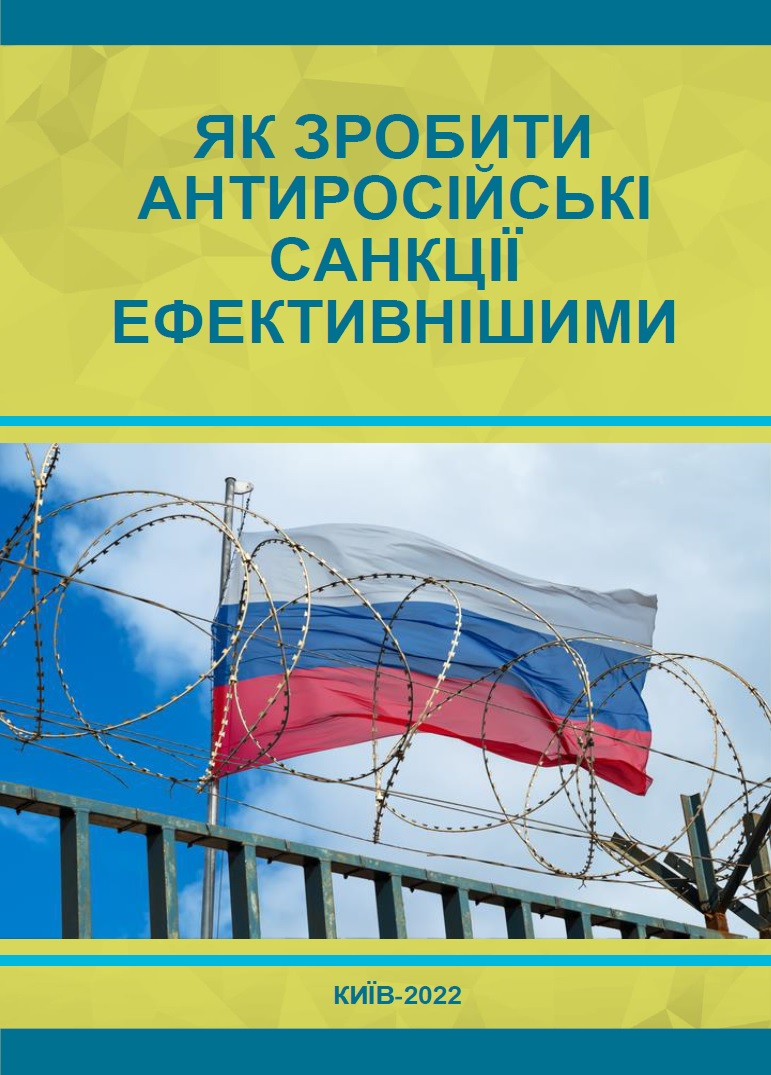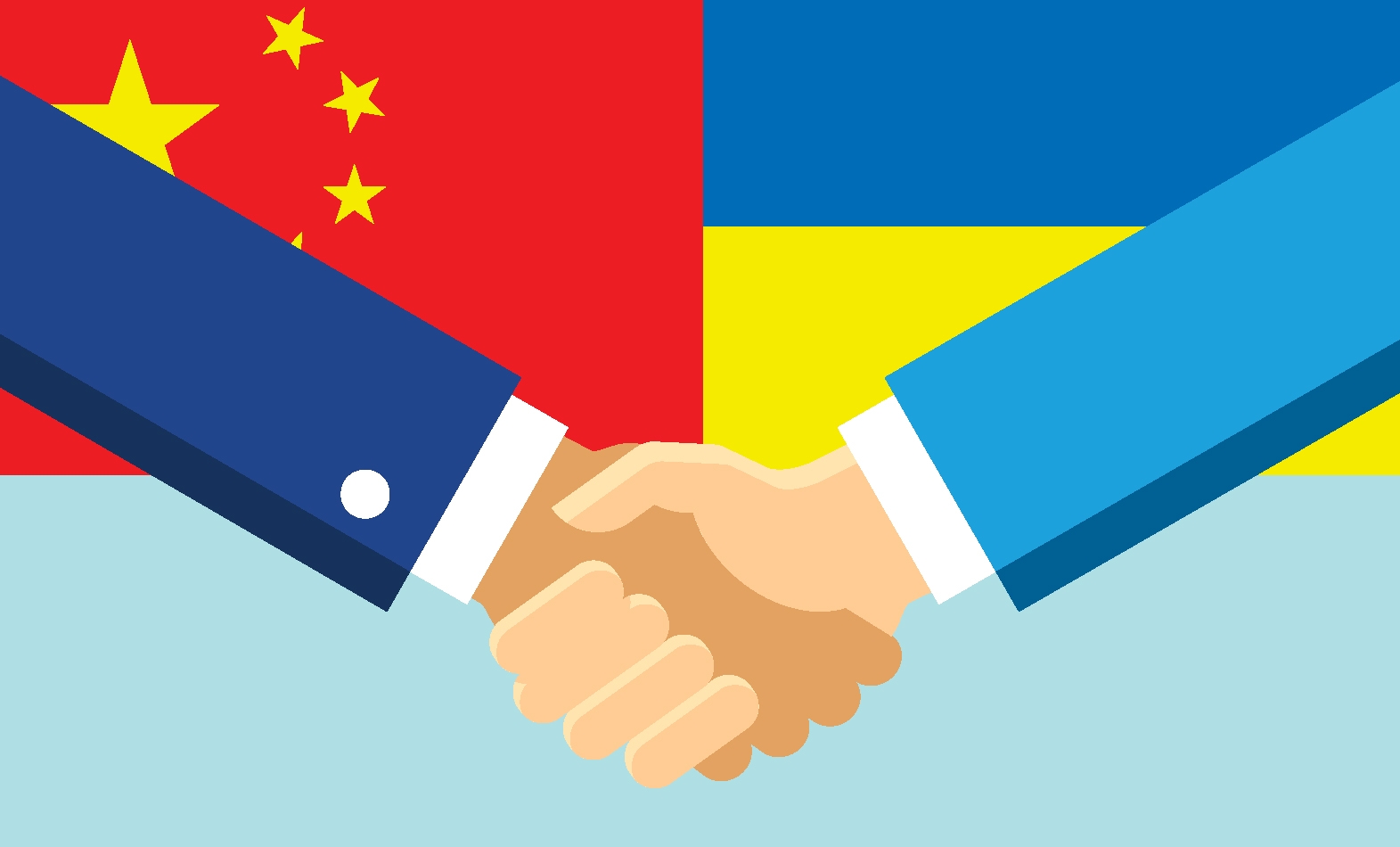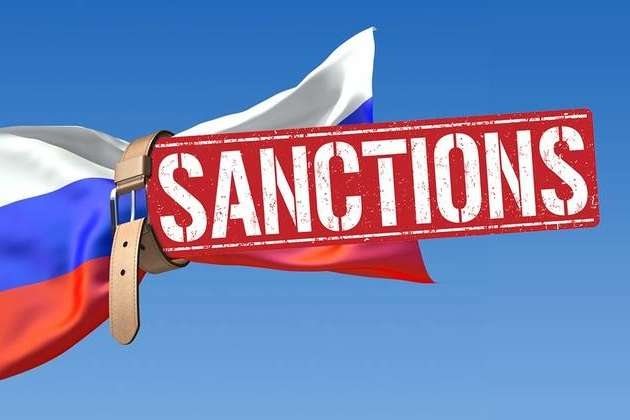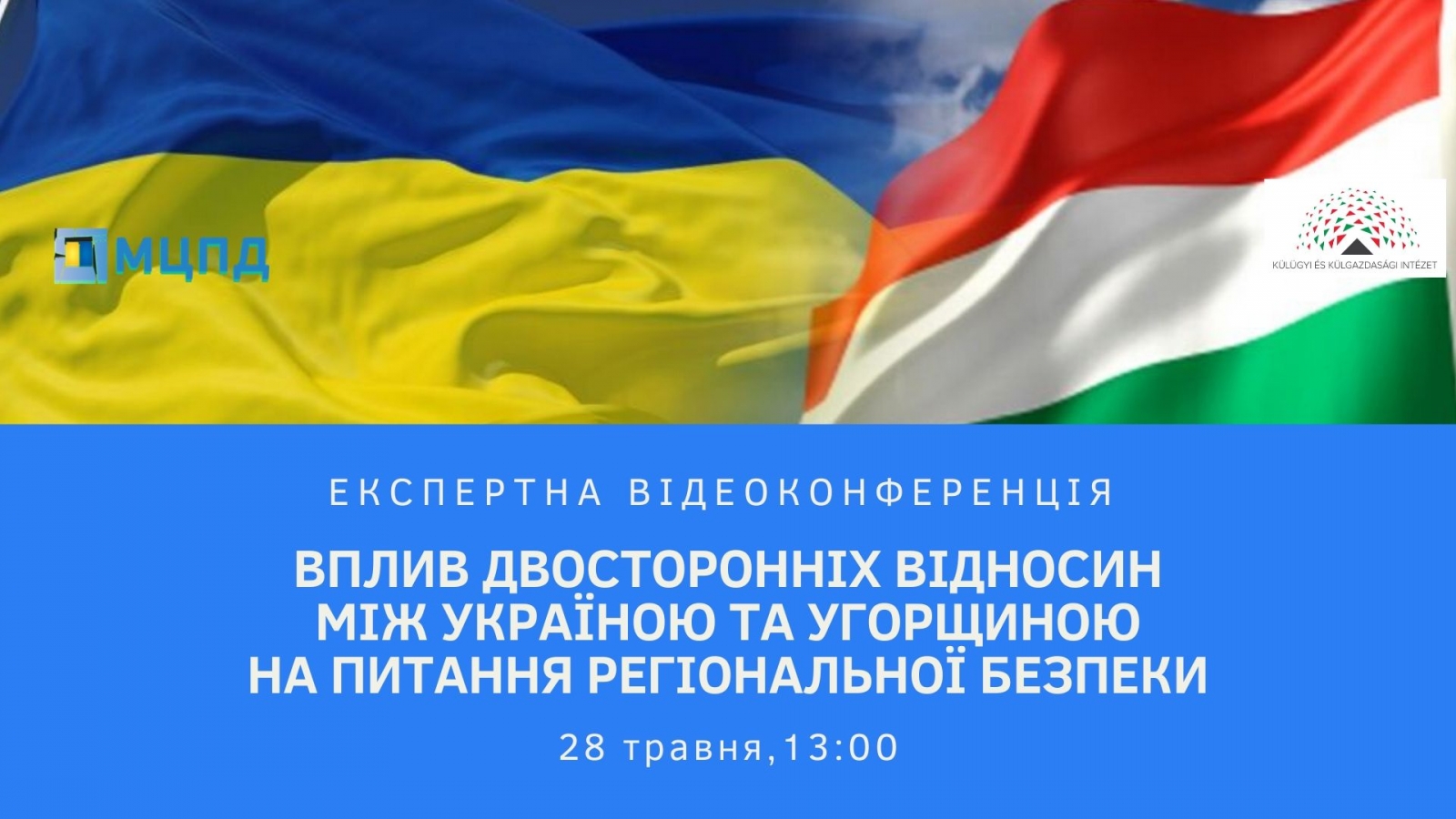Ukraine’s foreign policy agenda has been defined by post-Maidan challenges: Russian aggression, conflict in Donbass, European integration aspirations, economic decline of the country. During 2016, Ukraine managed to strengthen its positions in national security area and increased its military capacities but failed to advance any of its priorities in foreign policy. Moreover, there is a deadlock on Minsk, increasing hostilities with Russia, growing challenges with the EU, uncertain US future policy on Ukraine, more problems with neighbors in the region. In 2017, Ukraine’s international situation may change for the worse if Kyiv will continue with its current rich militaristic rhetoric and poor reforms records.
Minsk process
In 2016, Ukraine appeared at the crossroads of the Minsk process and has been facing an uneasy dilemma: either to continue implementing political provisions of the Minsk agreements under external pressure or withdraw from such unpopular obligations under public pressure. Kyiv opted for imitating implementation of the Minsk agreements that allowed the government to balance its dependence on foreign and domestic factors, buy time and prolong sanctions against Russia. As a result, there was no significant progress in the Minsk process throughout 2016. Meanwhile, the war in Donbas remains a low intensity conflict.
First of all, there were no changes in implementing the political provisions of the Minsk agreements. Conducting local elections in uncontrolled Donbas, deploying an OSCE police mission in Donbas and elaborating a roadmap on implementing the Minsk agreements were the most frequently discussed issues during the meeting of heads of state in Berlin (October 2016) and several meetings of foreign ministers in the Normandy format (Ukraine, Russia, Germany, France). The members of the Normandy Group did not meet a deadline to agree on roadmap (November 30, 2016) due to divergent views on the sequence of implementing political and security provisions. In early 2016, Ukrainian diplomacy demanded that conducting elections in uncontrolled Donbas shall be proceeded by deploying OSCE armed police mission along the disengagement line, uncontrolled part of the border and future polling stations. Despite a preliminary agreement on the OSCE police mission, the members of the Normandy Group did not agree on its mandate and areas of presence. Besides, a pressure by Russian, French and German diplomats did not convince Ukraine to adopt a law on local elections in uncontrolled Donbas before necessary a security environment is met.
Just as elections in uncontrolled Donbas, changes in the Constitution of Ukraine and amnesty for pro-Russian insurgents were not on the agenda in Kyiv due to a lack of parliamentary support and a risk of public anger.
However, regular meetings of the Trilateral Contact Group (Ukraine, OSCE, Russia) produced some results in implementing the security provisions of the Minsk agreements. In particularly, the parties agreed to withdraw troops and hardware in Zolote, Petrivske and Stanytsia Luhanska, which has already taken place in the former two settlements. Moreover, a number of Ukrainian POWs were released from Russian prisons or DPR/LPR capture and subsequently exchanged, including Nadiya Savchenko, Yuriy Soloshenko and Hennadiy Afanasiev. At the same time, 109 Ukrainian citizens are still held in prison (as of November 2016). Their future is dependent on Russia’s position that binds prisoner exchange with Ukraine’s political concessions.
The changing international environment will make it harder for Ukraine to resist the pressure from Russia and the West in 2017 with regard to a new composition of the Normandy Group following presidential elections in France (François Hollande will not run for a second term) and parliamentary elections in Germany (Angela Merkel may lose the battle for chancellor).
Ukraine-Russia relations
There were no grounds for mitigating Ukrainian-Russia
Ukraine managed to revive the Crimea issue on the international agenda. It was preceded by tougher political persecutions by Russian authorities in Crimea (namely, banning Mejlis of the Crimean Tatar People) and stirred-up efforts by the Ukrainian diplomacy. The militarization of Crimea and violations of human rights in the annexed peninsula were mentioned in the European Parliament resolution ‘On the human rights situation in Crimea, in particular of the Crimean Tatars’ (February 4, 2016), two PACE resolutions ‘Political consequences of the Russian aggression in Ukraine’ and ‘Legal remedies to human rights violations on the Ukrainian territories outside the control of the Ukrainian authorities’ (October 12, 2016) and the annual Report on Preliminary Examination Activities by the Office of the ICC Prosecutor (November 14, 2016). Moreover, the UN General Assembly is expected to vote on the draft resolution on human rights situation in Crimea in the near future that was approved by the Third Committee, which may become the first UN document where Russia is recognized as an occupying power. Besides, higher attention was paid to Crimea due to an incident in Armiansk in August 2016 and the Russian parliamentary election in September 2016, which was held in the annexed peninsula.
A number of documents covering the conflict in Donbas were also adopted. Namely, the above PACE resolutions and ICC Report are the only multilateral documents so far that provide that the situation in Eastern Ukraine has features of international armed conflict involving Russia.
The Ukrainian-Russia
It cannot be ruled out that the Ukrainian-Russia
Ukraine-EU relations
In 2016, Ukraine expected to benefit from the advantages of European integration that were achieved after 2014. However, such expectations were not delivered due to increasing ‘Ukraine fatigue’ in Europe and the unprecedented systemic crisis in the EU. As a result, Kyiv and Brussels came closer to a crisis of mutual trust. Ukraine lacks efficient incentives to continue necessary reforms. At the same time, EU domestic problems made relations with Ukraine secondary to Brussels.
First of all, the ratification of the Ukraine-EU Association Agreement was not completed due to the Dutch advisory referendum in April 2016, in which 61% of voters were against ratifying the agreement. As a result, the agreement continues to be provisionally applied, while its formal entry into force depends on negotiations between the Dutch government and EU leaders. A way-out of this situation is likely to be postponed until Dutch parliamentary elections in March 2017.
Amid the drastic decline in Ukraine-EU relations in 2014-2015, the Ukrainian economy has not benefited from the Deep and Comprehensive Free Trade Area (DCFTA) so far applied from January 1, 2016. Trade turnover between Ukraine and the EU (both export and import) started to increase in Q2 2016 for the first time since 2013.
Though Ukraine carried out all requirements pursuant to the Visa Liberalization Action Plan (VLAP), including launching e-declaration of incomes, the EU has not granted a visa-free regime to Ukrainian citizens. Migration fears in some EU member-states have made granting the visa-free regime to Ukraine dependent on revising the visa suspension mechanism.
In November 2016, Brussels held the EU-Ukraine summit, which brought modest achievements amid Ukraine’s European aspirations. Ukraine managed to receive € 170 mln totally in support for public administration reform, fighting corruption and strengthening the rule of law. During the summit, the parties also signed the Memorandum of Understanding on a Strategic Energy Partnership which assigns Ukraine a role of EU key transit partner. However, the EU-Ukraine summit did not bring any progress in completing the ratification of the Association Agreement and granting the visa-free regime for Ukraine.
Ukraine-EU relations are expected to become even less intensified in 2017 with regard to turbulent political developments in Europe: Brexit talks, elections in the Netherlands, France and Germany as well as far-reaching consequences of the Italian referendum on constitutional changes held in December 2016.
Ukraine-US relations
Though Ukraine has been secondary to US priorities, Washington remains Kyiv’s key strategic partner in countering Russian aggression. Under the presidency of Barack Obama, the US never hesitated over prolonging sanctions against Russia. Furthermore, in 2016, the US provided $335 mln of military-technic
However, the US has been distanced from conflict resolution in Donbas since 2014, shifting responsibility for European security to Germany and France. At the same time, the ‘Ukrainian crisis’ was an agenda item during Russia-US channels – Lavrov-Kerry and Surkov-Nuland talks.
The US presidential elections have become a primary source of uncertainty regarding further Ukraine-US relations. The Ukrainian political elite mostly favoured Hillary Clinton over Donald Trump, who has been perceived as the ‘pro-Russian’ candidate given several controversial statements on developments around Ukraine. Such incautious acts will complicate bilateral relations under the Trump administration.
Ukraine and the whole world await the first steps taken by the 45th US president to understand how Trump’s foreign policy will coincide with his election program. The future US president is unlikely to pay higher attention to Ukraine than his predecessor. This may result in diminishing US financial and military assistance to Ukraine under Trump. Moreover, a possibility of ‘geopolitical deal’ between Trump and Putin is also a subject of debates.
ICPS experts researched the question of building a policy towards China in Central and Eastern Europe
ICPS has prepared an analytical study focused on the evolution of China's regional policy in Central and Eastern Europe, as well as recommendations for developing policies towards China in the region. The "One Belt, One Road" initiative has become a key tool for promoting China's geopolitical interests and implementing its grand strategy aimed at changing the existing international order. This global initiative encompasses transportation, logistics, trade, and investment projects, promoting China's transition to a new level of influence and responsibility. Europe plays an important role in this. The European market is a natural "center of gravity" for China's export-oriented economy; Beijing seeks to build strong cooperation with Europe based on active trade and interdependence. China, in its turn, is also an important trading and economic partner for Europe. Central and Eastern European countries (CEE) have in some sense become "gateway" to Europe for China. Seeking to deepen relations with them and involve in its own infrastructure projects, China has developed and implemented a regional policy within the framework of the "14+1" initiative (previously "16+1" and "17+1"), as well as on a bilateral level. This Chinese activity has elicited ambiguous reactions both among participating states and among other EU members. Russia's invasion of Ukraine has brought new problems to the agenda and significantly weakened China's position in Europe, particularly in the CEE. Political and security issues have taken priority over trade and infrastructure. The ongoing war has forced both China and countries of the region to adjust their perceptions and policies towards each other. The most vivid trends and problematic issues are examined in the paper utilizing the experience of Poland, Romania, Lithuania, and Latvia. Taking also into account Ukraine's experience in building relations with China, recommendations are provided for the main elements of CEE's policies towards China. More information can be found at the following link: https://icps.com.ua/en/our-projects/publications/building-a-policy-towards-china-in-central-and-eastern-europe/
What are the main problems of reconstruction plans for Ukraine and what are the ways to solve them: experts provided recommendations
International Centre for Policy Studies has presented the document "REBUILDING UKRAINE: INITIATIVES, APPROACHES, RECOMMENDATIONS", which analyzed different aspects of the future reconstruction process for Ukraine. According to various estimates Ukraine's total losses resulting from Russian aggression at the end of 2022 constituted around 700 billion US dollars. This amount has been increasing every day of Russian attacks and bombardments targeting civilian infrastructure and killing innocent people. The international community recognizes the need to finance reconstruction of Ukraine. There have been many international conferences, expert studies and discussions on that. However, there is currently no consensus on sources or tools for Ukraine's rebuilding projects, no agreed overall concept of how the process will be conducted and implemented. Meanwhile, needs of Ukraine for reconstruction are urgent and vital to keep country viable and able to withstand Russian continuing aggression. This necessitates an in-depth study of the issue as well as public and expert discussions to suggest appropriate decisions. In this paper the International Center of Policy Studies examines existing international experience of post-war reconstruction with a special attention to good examples, which can be used by Ukraine. Existing initiatives regarding the reconstruction of Ukraine are analyzed with a focus on new ideas and recommendations, which can be used in this process. The study intends to contribute to current expert discussions in Ukraine and among our partners on reconstruction of the country during and after the war. You can read/download the ICPS publication "REBUILDING UKRAINE: INITIATIVES, APPROACHES, RECOMMENDATIONS " by following the link: https://icps.com.ua/en/our-projects/publications/rebuilding-ukraine-initiatives-approaches-recommendations/
How to make sanctions more effective: ICPS analysts offered new ideas
International Centre for Policy Studies has presented the document "How to make anti-Russian sanctions more effective", which analyzed the gaps in the sanctions policy. It is noted that the international community has adopted seven packages of sanctions against Russia since its full-scale invasion of Ukraine in 2022. Over 50 countries have in some form joined the sanctions regime. Some states, such as Israel and China, don't adopt sanctions but block potential ways for Russia to evade their effect. Mainly, it is the developing countries that don't implement the sanctions regime, while the collective West is decisive and united in its exploit of the tool. Akin to 2014 and after, sanctions constitute a complex mechanism of selective action. They are not absolute but rather operate in different sectors and against particular individuals or legal entities. In addition to sectoral sanctions, diplomatic and visa restrictions are in place. At the same time, to make the sanctions more effective, the international community should fill the gaps that allow for a selective designation of Russian oligarchs and politicians. It requires a systemic analysis and monitoring aimed at finding these gaps, then sanctioning the individuals who had avoided personal sanctions. Accordingly, this document contains not only an analysis of the sanctions policy, but also recommendations for minimizing its gaps. You can read/download the ICPS publication "How to make anti-Russian sanctions more effective" by following the link: https://icps.com.ua/en/our-projects/publications/how-to-make-anti-russian-sanctions-more-effective/
SINO-UKRAINIAN RELATIONS: RESEARCH PAPER
In context of the ICPS' latest project on monitoring foreign economic relations, ICPS experts have conducted extensive research, round table debates and in-depth analysis of the current status of Sino-Ukrainian relations. China's political interest and economic investments in Ukraine has risen exponentially since the announcement of the One Belt One Road Initiative, yet is Ukraine ready for intensifying bilateral relations with such a world power? For more details, read the ICPS' latest study.
Austrian experts and diplomats discussed ICPS study “Sanctions against Russia”
Sanctions must remain a key instrument of pressure on Russia to restore Ukraine's sovereignty and territorial integrity. This conclusion was reached by Ukrainian and Austrian foreign policy experts during expert discussion of the ICPS study “Sanctions against Russia: current state, prospects, successes and gaps of the multilateral international sanctions regime against Russian Federation”, which took place on Tuesday, June 3, in the format of online discussion. About 40 Austrian and Ukrainian diplomats, analysts and foreign policy experts took part in online discussion “Sanctions against Russia: are they still effective?”, organized by ICPS in conjunction with the International Institute for Peace (IIP, Vienna) with the support of the International Renaissance Foundation. The speakers were Hannes Swoboda, President of the International Institute for Peace (IIP), Peter Havlik, expert at the Vienna Institute for International Economic Studies, Anastasia Galushka, ICPS expert in international law and human rights and Mykola Kapitonenko, ICPS associate expert. The participants of discussion stressed the need to continue sanctions against Russia, as Russia's actions in Ukraine are a challenge not only for our country, but for the entire international community which is why they must receive a joint coordinated response. “Sanctions, as a tool “between wars and words”, remain the only way to put pressure on Russia's foreign policy while limiting its destructive potential for international security,” ICPS expert in international law and human rights Anastasia Galushka said. According to Mykola Kapitonenko, combination of different types of sanctions will allow for a more systemic impact on Russian policy; while the procedure of their periodic extension will signal the dependence of sanctions pressure on specific changes in the behavior of the Russian Federation. It should be noted that earlier ICPS experts presented the study “Sanctions against Russia” in the United States, Estonia, Belgium, Italy and Poland. You could download and read ICPS study “Sanctions against Russia” via the link: https://cutt.ly/orQ0PGd
ICPS conducted a video conference on bilateral relations between Ukraine and Hungary
On Thursday, May 28, the International Centre for Policy Studies (ICPS) and the Institute for Foreign Affairs and Trade (Hungary) initiated an expert video conference on “Impact of Bilateral Relations between Ukraine and Hungary on Regional Security”. The online event was part of the project “Ukraine-Hungary: Towards Understanding” with the support of the Institute for Foreign Affairs and Trade. During the video conference, the participants discussed the state and prospects of relations between Ukraine and Hungary in the context of regional security, Hungary's role in Ukraine-NATO relations, the impact of the Russian conflict on Ukrainian-Hungarian relations and regional security. The event was attended by several dozen experts, including Christina Murphy, Deputy Head of Mission, Hungarian Embassy in Ukraine, Georgy Ilyash, research fellow at the Institute for Foreign Affairs and Trade (Hungary), Mykola Kapitonenko, ICPS Expert on Foreign Policy, Dmytro Tuzhansky, political scientist, expert on Ukrainian-Hungarian relations, Anastasia Galushka, ICPS expert on foreign policy and international law. “Relations between Hungary and Ukraine still remain in a well-known deadlock,” Mykola Kapitonenko said. - Minor shifts in recent months, firstly, do not fully meet the expectations that arose after the victory of Volodymyr Zelensky in the presidential election, and, secondly, according to Budapest, do not solve the key problem of narrowing the rights Hungarians in Ukraine”. According to him, the rapid development of events in the region pushes our countries to cooperation. Against the backdrop of the coronavirus pandemic, a bilateral agreement on health cooperation was signed, a corridor was set up in Hungary for Ukrainians to return home, and new formats of governmental remote communication were tested. “The usual agenda, dominated by the Russian threat, retaliation by NATO and the lack of democracy, is giving way to the challenges of pandemic,” Mykola Kapitonenko said. - In addition to those directly related to human health, these are problems that have already been or will be caused by the economic recession and the growing demand for security among citizens. Together, they change the way states communicate and perceive each other. Borders and various barriers are being partially restored, selfishness is growing, and political decisions are returning to the usual national level.” Anastasia Galushka drew attention to the controversial law on education which provoked numerous discussions at the political and professional levels. “It can hardly be argued that citizens living in Ukraine should know the state language of the country, and that this law can only be seen as an advantage for members of national minorities,” ICPS expert said. “However, implement the law in practice was much harder than expected.” According to her, the Venice Commission also addressed this issue and formulated some principles, stating that knowledge of the official language of the state is a factor of social cohesion and integration, and it is legitimate for states to promote their language and call for the state language to be the language of education for all. “Ukraine and Hungary are part of a single region, establishing cooperation and maintaining a common consensus could significantly expand the capabilities of both countries,” Anastasia Galushka added. - This would control the level of escalation of the conflict. The regional context can open new horizons for both states, take them out of the circular discussion and focus only on current problems. A full-fledged strategic partnership is still a long way off, but at least the current crisis can be overcome.”


